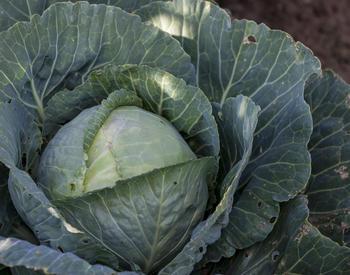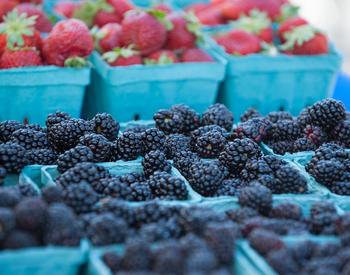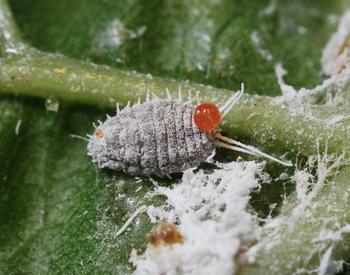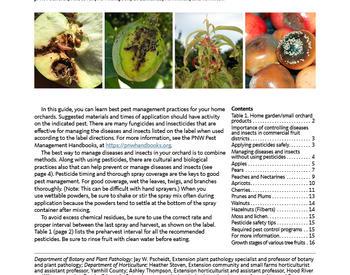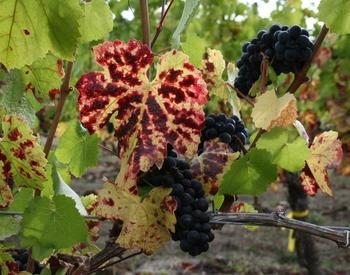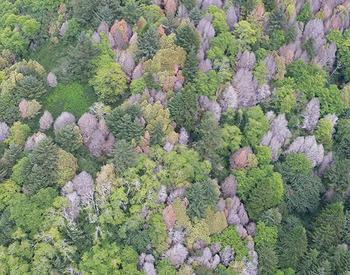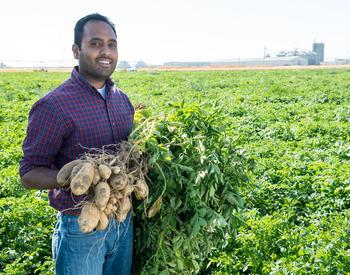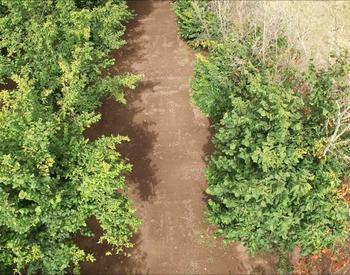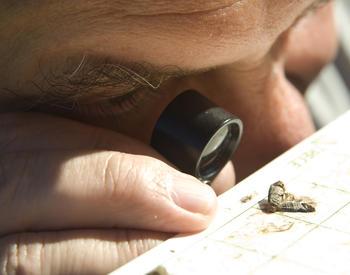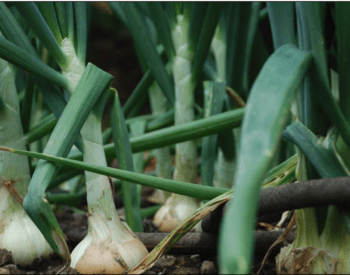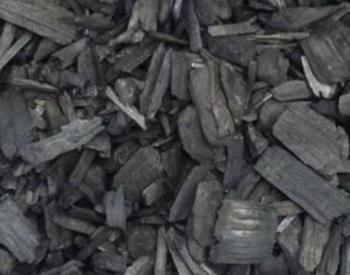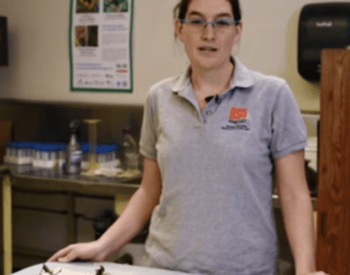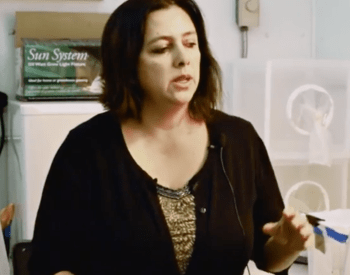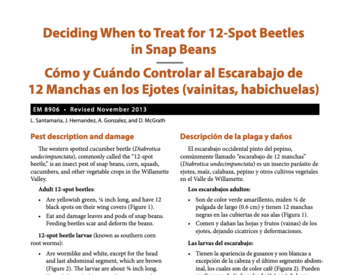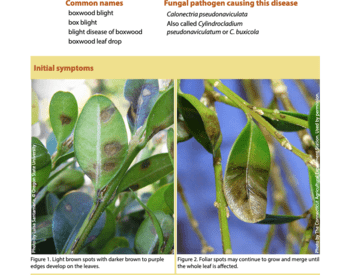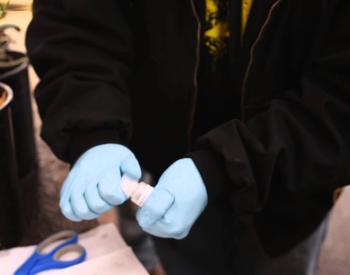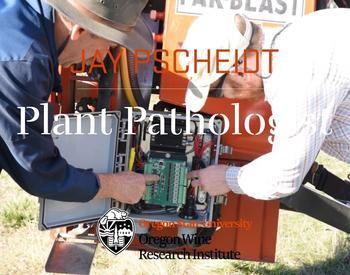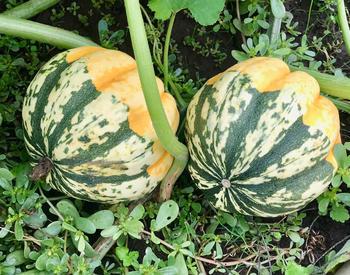Transcript
Hi, I'm Jessie Brazil. I'm a master's student at Oregon State University in the Department of Botany and Plant Pathology. And I'm stationed here, at the Hermiston Agricultural Research and Extension Center, located in the Columbia Basin in Northeastern Oregon.
57% of US potato production occurs in the Pacific Northwest, and the Columbia Basin is an especially important and productive growing region. There are many threats to potato production in this area from insects, viruses, fungi, nematodes, and bacteria.
My thesis research focuses on bacterial species of two genres, Pectobacterium and Dickeya that cause soft rot of potato. The objectives of my research are to survey the genetic diversity of soft rot-causing bacteria in the Columbia Basin to learn which species most commonly cause disease and to determine the economic losses associated with seed-borne soft rot infections.
To survey the genetic diversity of soft rot causing bacteria in the Columbia Basin, we're using multiplex PCR to detect multiple pathogens present in the same samples, including Pectobacterium atrosepticum, Pectobacterium cartovorum, and Dickeya species.
We use this to assay samples that come into the Disease Diagnostic Clinic and water samples from bacterial ring rot assays of seed lots saved from past seasons. The benefit of using a multiplex PCR for this project is that it saves time and money and can detect mixed pathogens infections.
To determine the economic losses associated with seed-borne infections, we're conducting an inoculated dose-response trial. This trial will be used to describe the relationship between the amount of initial bacterial inoculum in the seed and the resulting yield.
In this trial, we inoculate two different varieties of potato seed with Pectobacterium carotovorum and Dickeya chrysanthemi, varying the amount of infected seed in each treatment from 0 to 30%. Plant health, including plant emergence, growth, and yield, are measured for each variety and bacterial species combination to determine how seed-borne bacterial infections may impact crop productivity. With this project, we hope to gain a better understanding of the impacts Pectobacterium and Dickeya species are capable of having on the potato industry in the Columbia Basin.
Jessie Brazil is a Botany and Plant Pathology Masters student at Oregon State University. Jessie does her research at the Hermiston Agricultural Research and Extension Center. The focus is on studying soft rot of potato. This is a destructive and widespread disease that is capable of causing severe yield losses.
Catalog - EM 9259
